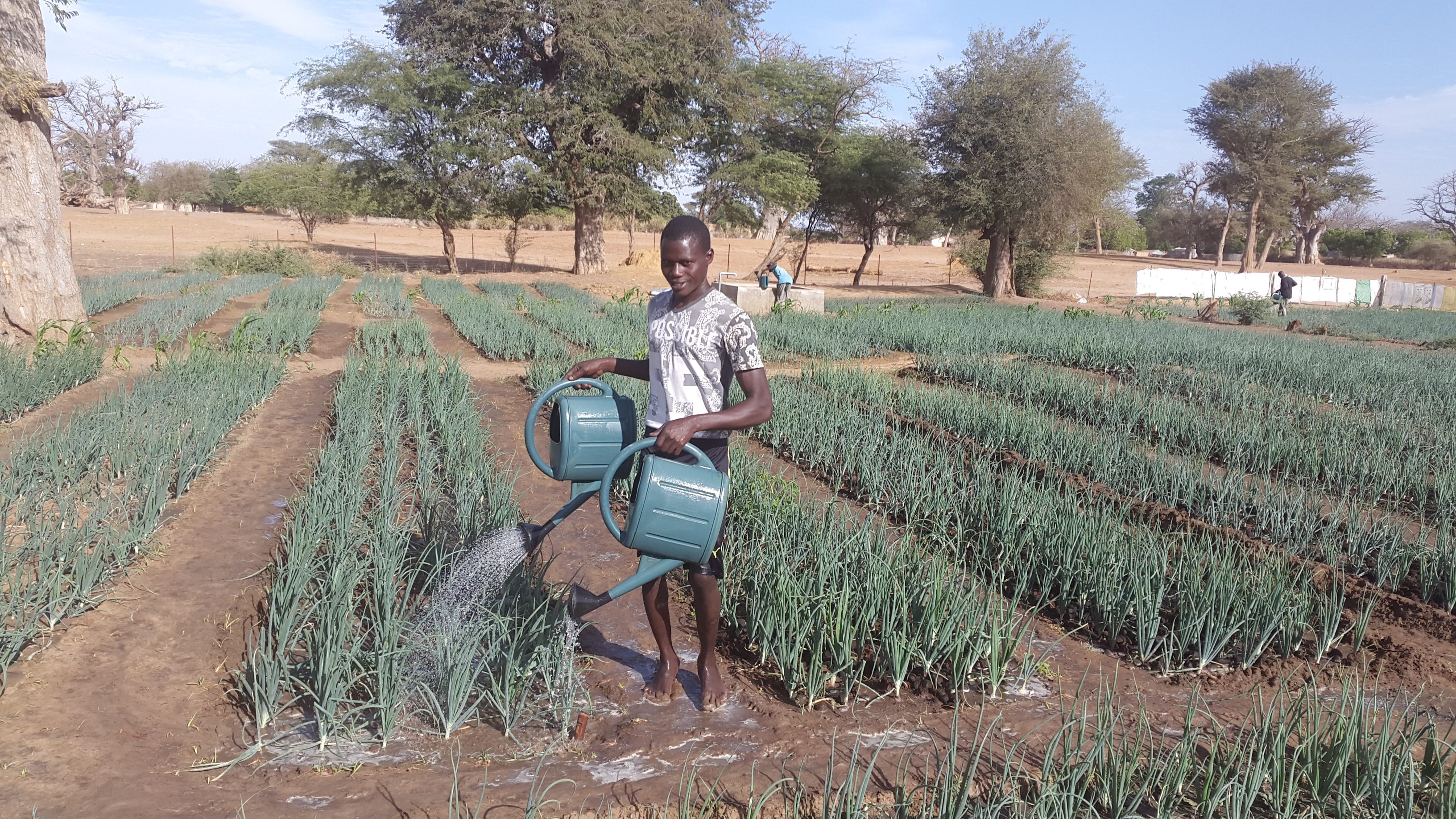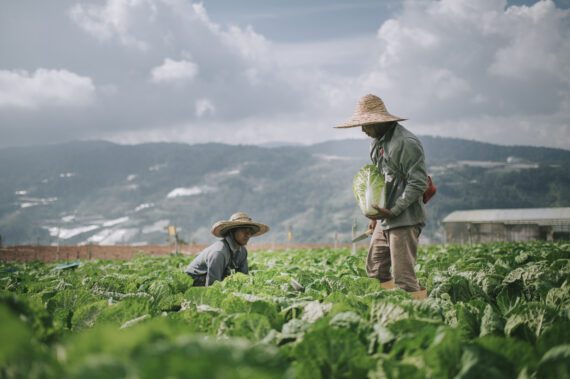By Faustine Wabwire, Bread for the World Institute
I recently returned from Senegal, where I addressed the 2016 Youth Agribusiness, Leadership, and Entrepreneurship Summit on Innovation (YALESI) in Dakar. The summit, organized by the Global Youth Innovation Network, had a theme perfectly in line with global realities: “Youth Capacities to Fight Hunger and Create Employment Opportunities.” As bad news on global youth unemployment, its negative impacts on rural communities, and the need to “do something” make headlines, the International Fund for Agricultural Development (IFAD), is walking the talk. IFAD is an international institution dedicated to ending hunger and poverty, particularly in poor rural communities. The challenges of rural poverty are exacerbated by climate change, ongoing land degradation, and economic decline due to youth migration to urban areas in search of economic opportunities.
During my visits to IFAD projects in rural parts of Senegal this spring, I saw firsthand the impacts of IFAD’s commitment to reversing the rural exodus through various projects. One such example is the Agricultural Value Chains Support Project, known by its French acronym PAFA-E (for Projet D’appui Aux Filieres Agricoles –Extension). PAFA-E aims to help reverse the exodus of people from rural areas, particularly youth, by supporting persistently poor farm families. IFAD understands that despite the region’s potential for agricultural diversification, most small-scale farmers have limited access to markets, new techniques, and credit. This leaves them out of value chains that could boost their food and nutrition security, raise their incomes, and make home communities more attractive to younger people.
How do IFAD and PAFA-E work? First, IFAD works with both governments and local communities to collectively identify both problems and opportunities that are viable given local agro-ecological potential. PAFA-E targets three types of agricultural producers:
- Underemployed young people ages 18 to 30
- Women and women’s organizations
- Vulnerable subsistence farmers with limited family labor and small, often degraded, plots of land
IFAD works with these small-scale producers to develop income-producing strategies based on direct contracts between producer organizations and market operators. The project strengthens the capacity of the grassroots organizations and creates employment opportunities along the value chains. Ultimately, PAFA-E aims, by facilitating dialogue at the regional and national levels, to help producers obtain easier access to markets and a more equitable distribution of profits.
The highlight of my visit to PAFA-E was meeting with groups of youth who, because of the support they received from IFAD, have returned home and are contributing to the economic revitalization of their communities. While it was refreshing to see firsthand a reversal of rural exodus, the project can only reach a small fraction of the youth in urban areas who would consider returning to their home villages if they could earn a living there.
The United States and its development partners should support IFAD’s efforts to scale up its leadership role in fostering youth employment and improving agricultural infrastructure. Priority actions include:
- Provide capacity-building courses for young landowners that are adapted to their needs
- Work with youth groups to develop innovative mechanisms that enable young people to access land
- Promote training, technical support, and new approaches to expand income-generating activities that require little or no farmland
- Introduce social security measures to help motivate older generations to transfer land to younger people
- Work toward strengthening community-based organizations, generating employment, promoting greater learning and sharing, and linking rural communities to national planning processes.
Faustine Wabwire is senior foreign assistance policy analyst at Bread for the World Institute.



